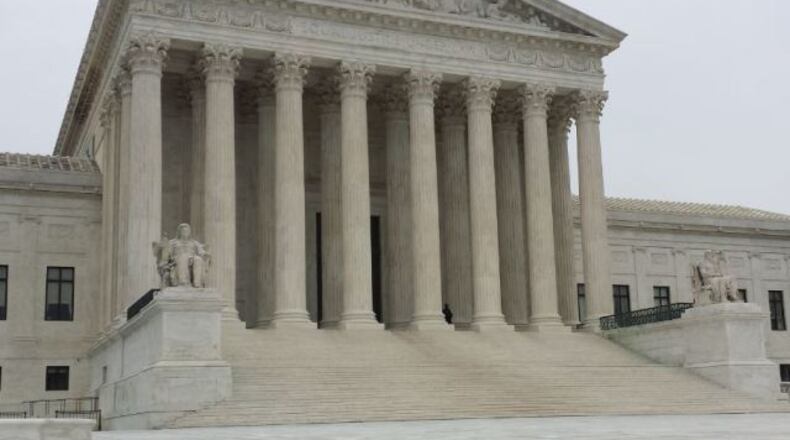The DACA cases will be argued on November 12, along with another high profile immigration case - Hernandez v Mesa - which deals with the fatal cross-border shooting of a Mexican teenager by a U.S. Border Patrol agent.
Like an ongoing legal battle over adding a citizenship question to the 2020 Census, lower courts blocked changes to DACA by the Trump Administration on procedural grounds, fully acknowledging that the President has the power to change the policy.
"To be clear: we do not hold that DACA could not be rescinded as an exercise of Executive Branch discretion," wrote the majority of a Ninth Circuit Court of Appeals panel, which labeled the DACA changes, 'arbitrary and capricious.'
"The government is, as always, free to reexamine its policy choices, so long as doing so does not violate an injunction or any freestanding statutory or constitutional protection," the judges added.
In a speech to the nation in January on immigration, President Trump offered "three years of legislative relief for 700,000 DACA recipients brought here unlawfully by their parents at a young age many years ago."
No, Amnesty is not a part of my offer. It is a 3 year extension of DACA. Amnesty will be used only on a much bigger deal, whether on immigration or something else. Likewise there will be no big push to remove the 11,000,000 plus people who are here illegally-but be careful Nancy!
— Donald J. Trump (@realDonaldTrump) January 20, 2019
"This extension will give them access to work permits, Social Security numbers, and protection from deportation, most importantly," Mr. Trump said.
But most Democrats in Congress don't want a DACA extension - they want permanent protection from deportation for DACA recipients - something which has drawn stern opposition from a number of Republicans.
Neither side has given in, leaving those under DACA waiting on the U.S. Supreme Court.
The arguments will be November 12. A decision will come in the lead up to the 2020 election.
About the Author

